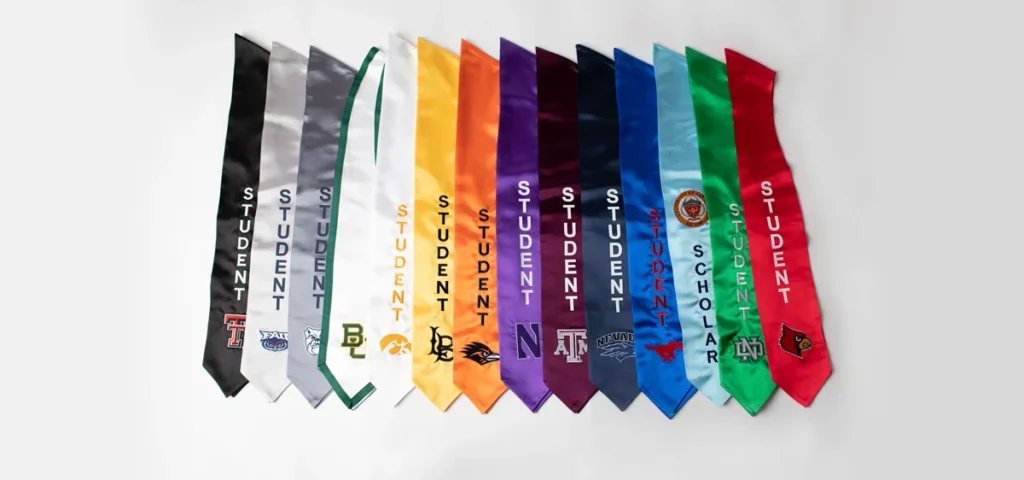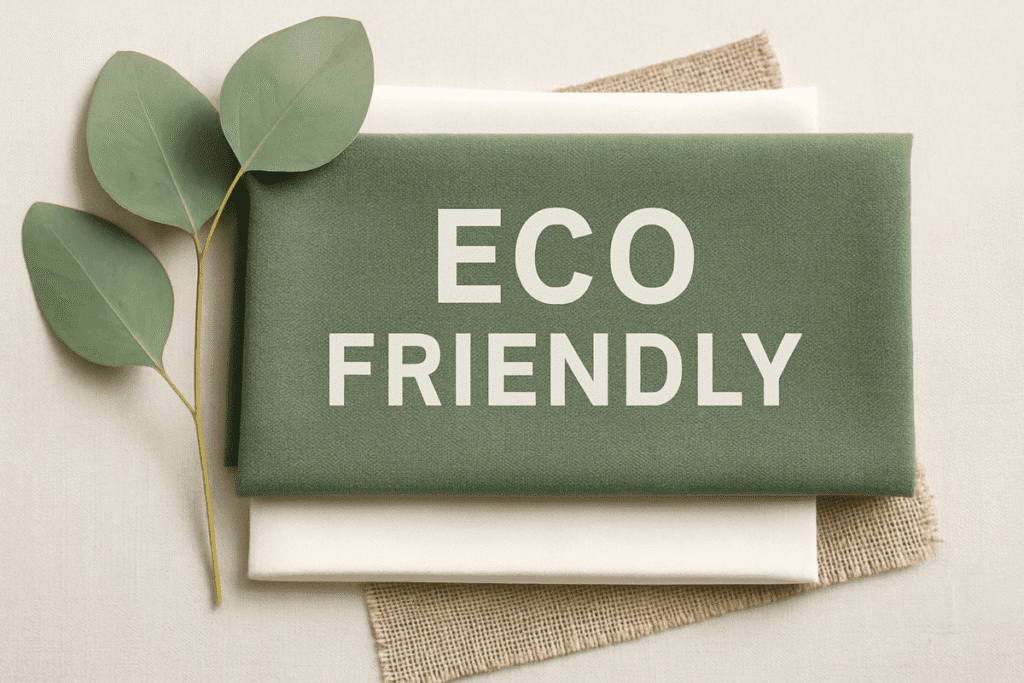Graduation marks an incredible achievement, symbolizing years of dedication, growth, and perseverance. For today’s graduates, it is also an opportunity to reflect on broader values such as sustainability and environmental stewardship. As eco-conscious choices become part of everyday life, many students are looking for ways to celebrate their milestone responsibly. One such option is the eco-friendly graduation stole—a sustainable alternative to traditional stoles that allows graduates to honor both their academic journey and the planet.
This article explores the significance of eco-friendly graduation stoles, the materials and practices used to create them, and how they represent a growing movement toward conscious celebrations.
Why Sustainability Matters at Graduation
Ceremonies are about more than pomp and circumstance; they are about symbolism. The clothes, accessories, and traditions all carry meaning. Yet, behind these celebrations, waste can accumulate—single-use decorations, synthetic fabrics, and items discarded after one event. Eco-friendly graduation stoles tackle part of this issue by ensuring that one of the ceremony’s most symbolic garments also aligns with sustainable values.
Choosing an eco-friendly stole sends a message: graduates are ready to carry responsibility for the future—not only in their careers but also in how they treat the world around them.

Materials Used in Eco-Friendly Stoles
- Organic Cotton
- Free from synthetic pesticides and chemicals.
- Gentle on the environment and biodegradable.
- Soft and breathable, making it comfortable to wear during long ceremonies.
- Recycled Polyester
- Made from post-consumer plastic bottles or textile waste.
- Reduces landfill impact and requires less energy than producing virgin polyester.
- Offers durability and vibrant colors, similar to traditional satin.
- Bamboo Fabric
- A renewable resource that grows quickly without excessive water or pesticides.
- Naturally antibacterial and smooth, creating a unique stole texture.
- Hemp
- Strong, durable, and highly sustainable.
- Often blended with cotton or other fibers to create a softer finish.
- Tencel (Lyocell)
- Produced from sustainably sourced wood pulp.
- Requires less water in production and is biodegradable.
By incorporating these materials, eco-friendly stoles combine practicality with sustainability.
Design and Customization
Just because a stole is eco-friendly doesn’t mean it lacks beauty or personality. Sustainable stoles can be personalized in ways similar to traditional ones:
- Embroidery with Eco-Friendly Threads: Using organic cotton or recycled fibers for names, logos, and class years.
- Natural Dyes: Plant-based or low-impact dyes reduce environmental harm while producing rich, natural tones.
- Minimalist Designs: Simple aesthetics emphasize sustainability and reduce waste.
- Reusable Packaging: Many eco-friendly stoles are delivered in cloth bags instead of plastic wrappers, giving students something they can use beyond graduation.
The customization process ensures that conscious choices do not limit creativity or individuality.
Benefits of Choosing Eco-Friendly Stoles
- Environmental Impact
- Reduces reliance on petroleum-based fabrics like virgin polyester.
- Encourages recycling and ethical material sourcing.
- Health and Comfort
- Natural fibers like organic cotton and bamboo are breathable and hypoallergenic.
- Long-Term Value
- Many sustainable fabrics are durable, ensuring the stole lasts as a keepsake.
- Symbolism
- Reflects a graduate’s values of responsibility, care, and innovation.
- Institutional Reputation
- Schools and universities that adopt eco-friendly stoles demonstrate leadership in sustainability.

How Schools Are Embracing the Trend
Some institutions are already moving toward sustainable graduation practices:
- Offering optional eco-friendly stoles as part of regalia packages.
- Partnering with local artisans or ethical manufacturers.
- Highlighting sustainability commitments during ceremonies.
This shift not only reduces waste but also inspires students to think about sustainability in their own lives.
Caring for Eco-Friendly Stoles
To maintain the quality and longevity of an eco-friendly stole:
- Wash Gently: Hand wash in cold water with mild detergent.
- Air Dry: Avoid dryers that can damage natural fibers.
- Store Properly: Keep in a breathable fabric bag, not plastic, to prevent moisture damage.
- Display or Repurpose: Frame it as a keepsake or repurpose the fabric creatively.
Caring for a stole responsibly extends its life and value.
Emotional Significance for Graduates
Graduation is as much about values as it is about achievements. Wearing an eco-friendly stole allows graduates to:
- Express personal commitment to sustainability.
- Inspire peers, family, and faculty through visible choices.
- Connect the milestone of education with the responsibility of protecting the earth.
For the Class of 2025 and beyond, these stoles will not only mark academic success but also symbolize a conscious step into adulthood.

Looking to the Future
Eco-friendly graduation stoles represent more than a fashion choice; they are part of a broader movement. As awareness of climate change and sustainability grows, students are demanding greener alternatives. Schools, manufacturers, and communities are responding by offering products that align with these ideals.
In the years ahead, we may see fully circular graduation regalia—gowns, caps, and stoles all designed from recycled or biodegradable materials. The eco-friendly stole is one of the first steps in this evolution.
Graduation is a celebration of personal growth and academic achievement, but it can also be a platform for values. By choosing eco-friendly graduation stoles, graduates honor not only their education but also the environment. With sustainable fabrics, ethical production, and personalized designs, these stoles reflect responsibility, creativity, and pride.
For conscious graduates, the stole becomes more than an accessory. It becomes a symbol of hope for a sustainable future—a message carried proudly across the stage and into the next chapter of life.


